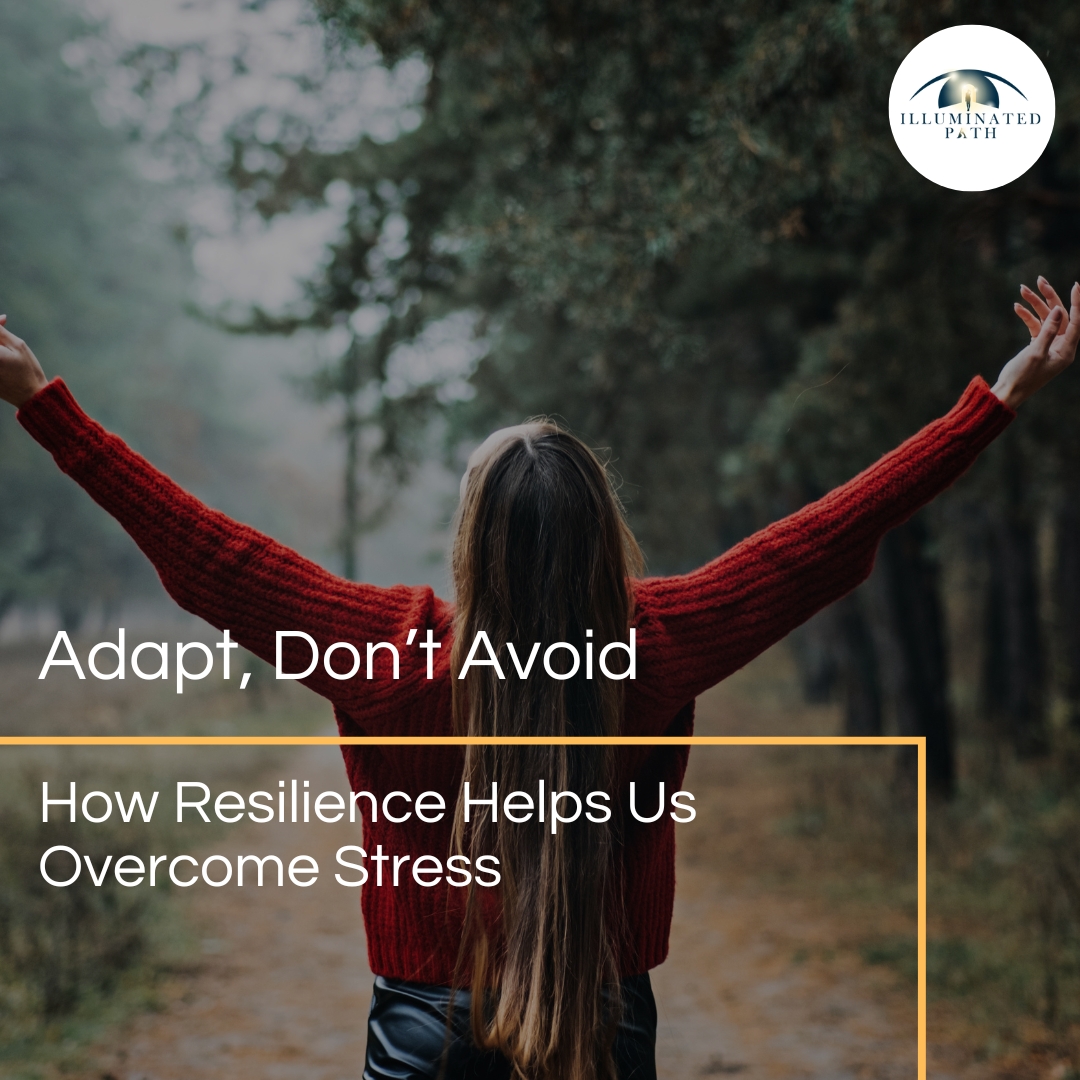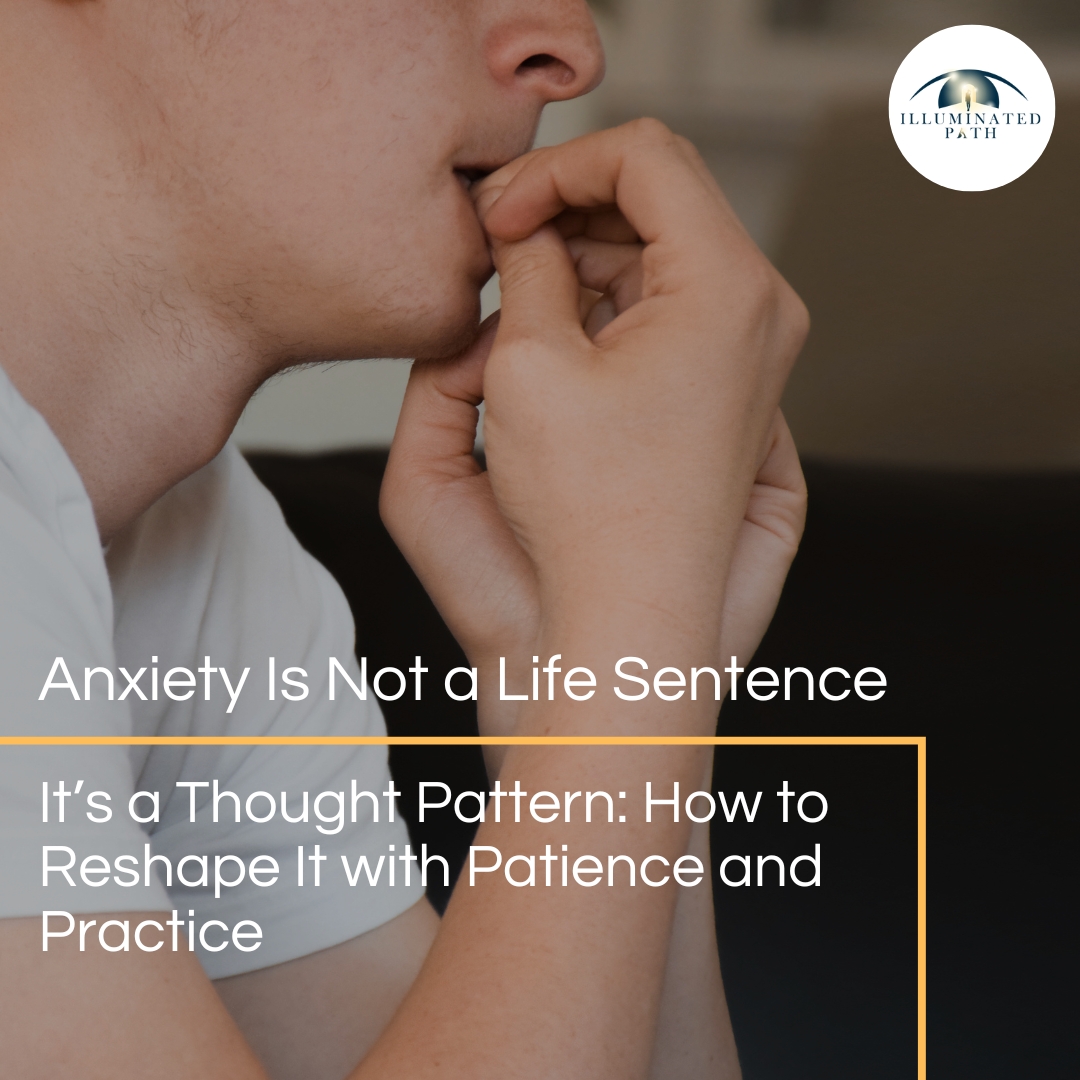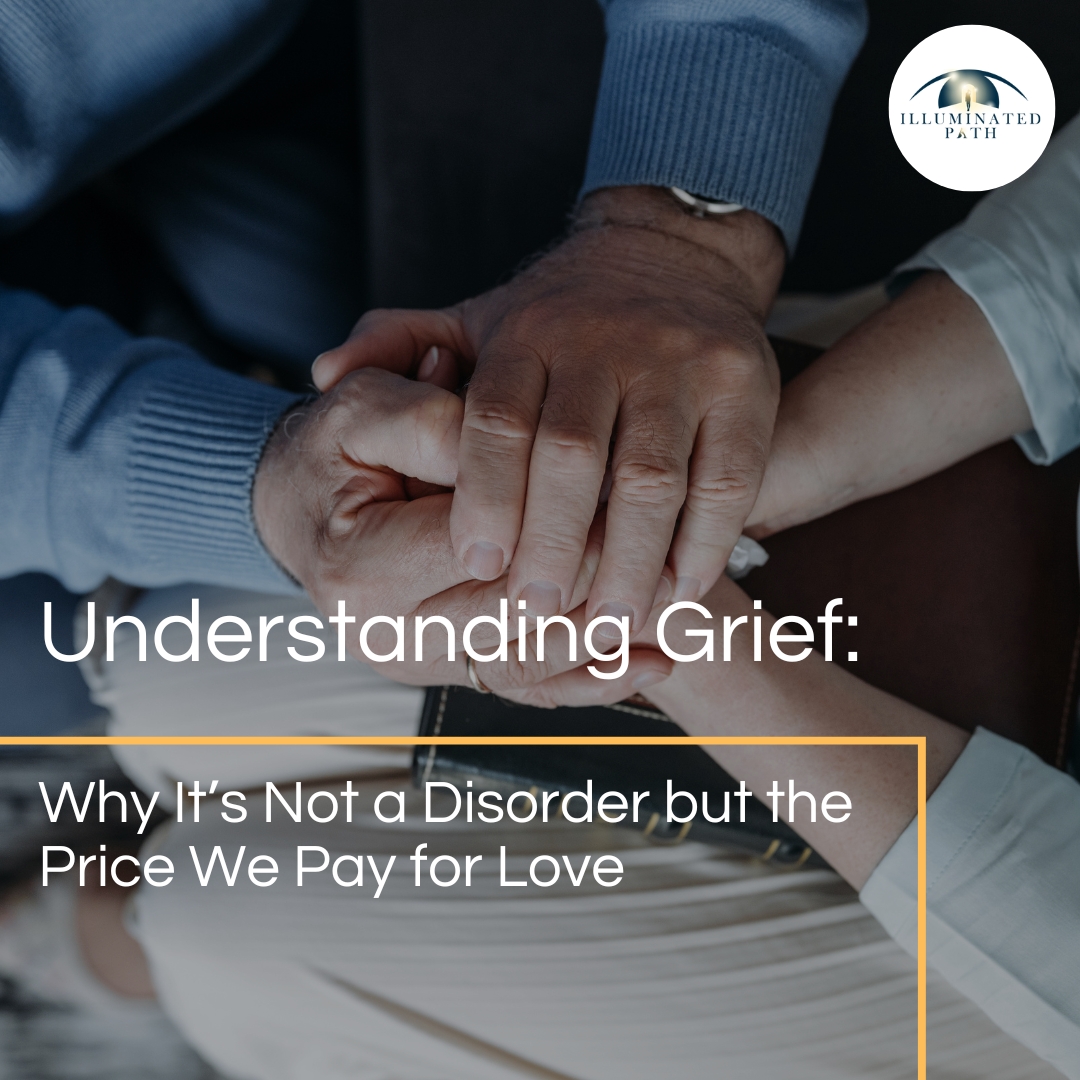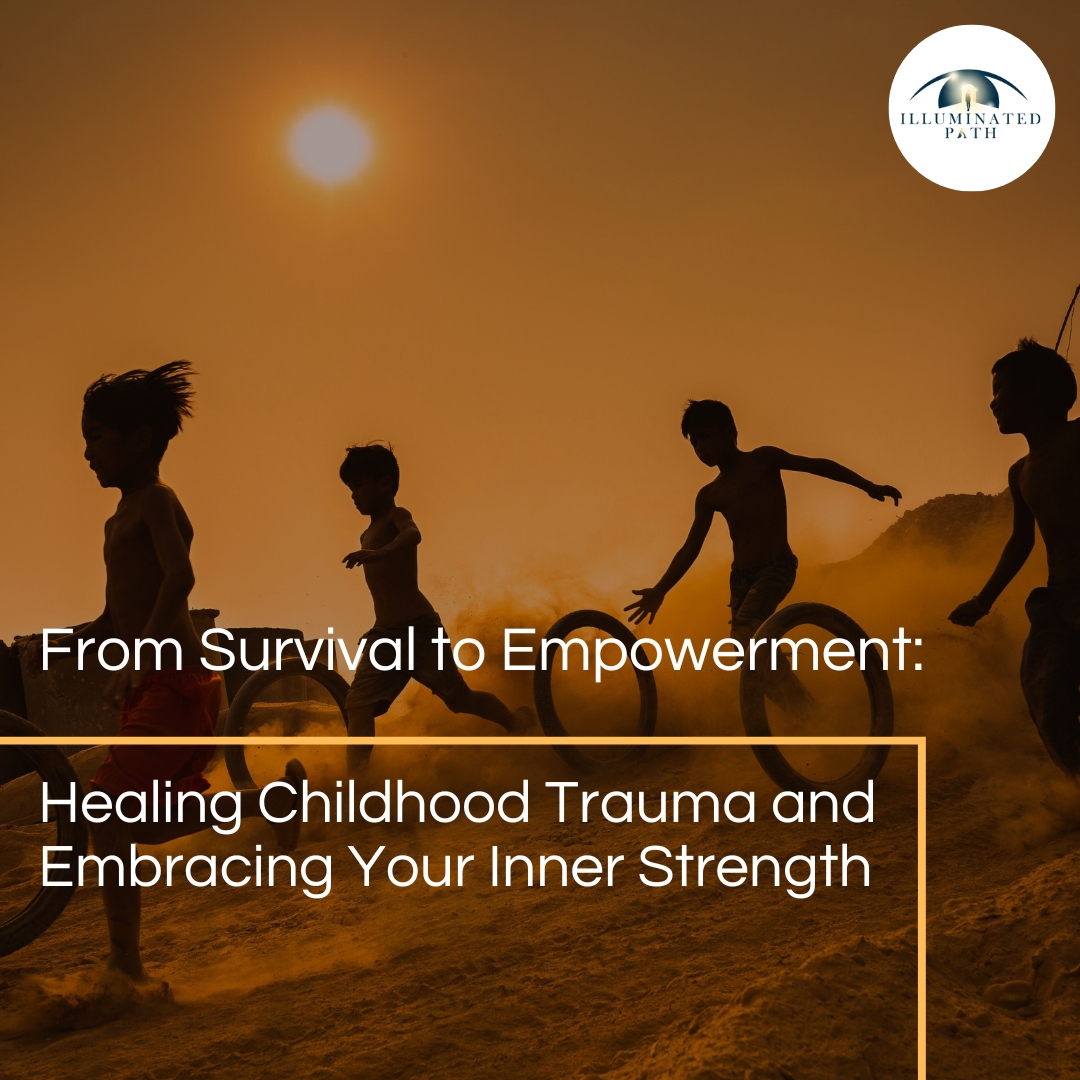
Introduction: Why Resilience Matters Now More Than Ever
Whether it’s the pressure of deadlines, a strained relationship, or the weight of global uncertainty, stress touches every corner of modern life. But while we can’t always control our circumstances, we can change how we respond to them.
That’s where resilience comes in. More than just “toughing it out,” true resilience is about learning to adapt — not avoid — in the face of adversity.
In this post, we’ll explore how resilience helps us overcome stress, why avoidance backfires, and how you can start building the adaptive habits that strengthen you from the inside out.
What Is Resilience? (And What It Isn’t)
Resilience is often misunderstood. It’s not about having a stiff upper lip or bouncing back instantly from hardship. Psychologists define resilience as the capacity to recover from difficulties through adaptation and growth.
What resilience is not:
Suppressing your feelings
Pretending everything is fine
Avoiding hard conversations or decisions
Instead, resilience involves acknowledging discomfort and then choosing to engage with it in a way that promotes healing and forward movement.
Resilience is built through adaptation — not avoidance.
The Science Behind Resilience and Stress
When we experience stress, our bodies activate the fight-or-flight response: our heart rate increases, cortisol floods our system, and we prepare to either confront or escape the threat.
But when stress is chronic, or when we avoid addressing its sources, this system goes into overdrive — draining our energy and affecting both physical and mental health.
Here’s the good news: resilience is not fixed. Thanks to neuroplasticity, our brains can learn to respond more effectively over time. Studies show that people who cultivate adaptive responses — like reframing thoughts or seeking support — experience:
Lower levels of anxiety and depression
Greater problem-solving ability
Better overall health outcomes
Avoidance vs. Adaptation: Why Avoiding Stress Makes It Worse
Avoidance might feel good in the short term, but it often leads to more suffering in the long run.
Common Avoidance Strategies:
Procrastinating important tasks
Withdrawing from others
Distracting yourself with food, screens, or substances
Pretending “everything is fine”
These behaviors might provide temporary relief, but they delay growth and allow problems to fester.
Adaptive Responses (What Resilience Looks Like):
Facing stressors head-on with curiosity and calm
Accepting what’s outside of your control
Taking meaningful action, even when it’s uncomfortable
Resilience means recognizing that challenges won’t vanish if you ignore them. Instead, growth comes from learning how to face them.
How to Build Resilience Through Adaptation: 5 Proven Strategies
1. Embrace Discomfort as a Growth Zone
Stepping into discomfort — in small, manageable ways — helps your nervous system learn that difficulty isn’t danger. Try a new habit, tackle a hard task, or have that honest conversation you’ve been avoiding.
2. Practice Cognitive Flexibility
Resilient people know how to reframe their thoughts. Instead of thinking “I can’t handle this,” ask “What can I learn from this?” Flexibility in thinking helps reduce rumination and opens space for solutions.
3. Strengthen Social Connections
Human beings are wired for connection. Talking to a friend, mentor, or support group about your challenges can build resilience faster than facing stress alone.
4. Cultivate Emotional Awareness
Mindfulness, journaling, and therapy help us name our emotions — a key part of emotional regulation. The more self-aware you are, the easier it becomes to adapt rather than react.
5. Commit to Purposeful Action
Purpose gives us direction. Whether it’s work, family, or a cause, having a sense of meaning helps us persist through hardship. Resilience grows when you act in line with your values, even when it’s tough.
When to Seek Help: Resilience Includes Knowing Your Limits
Resilience doesn’t mean “go it alone.” Knowing when to reach out — to a therapist, counselor, or support group — is a powerful act of adaptation.
If you’re feeling overwhelmed, anxious, or stuck in cycles of avoidance, professional help can guide you toward healthier responses.
Conclusion: Choose Adaptation Over Avoidance
Stress is inevitable — but suffering doesn’t have to be. The difference lies in how we respond.
By choosing adaptation over avoidance, we build resilience that lasts. Not by pretending stress isn’t there, but by leaning into it with the tools, support, and mindset that help us grow stronger.
You don’t have to bounce back — you just have to move forward.

The Author
Dr. Shadi Souferian Psy. D.
Licensed Clinical Psychologist
Therapist And Psychologist in Los Angeles And Beverly Hills.






